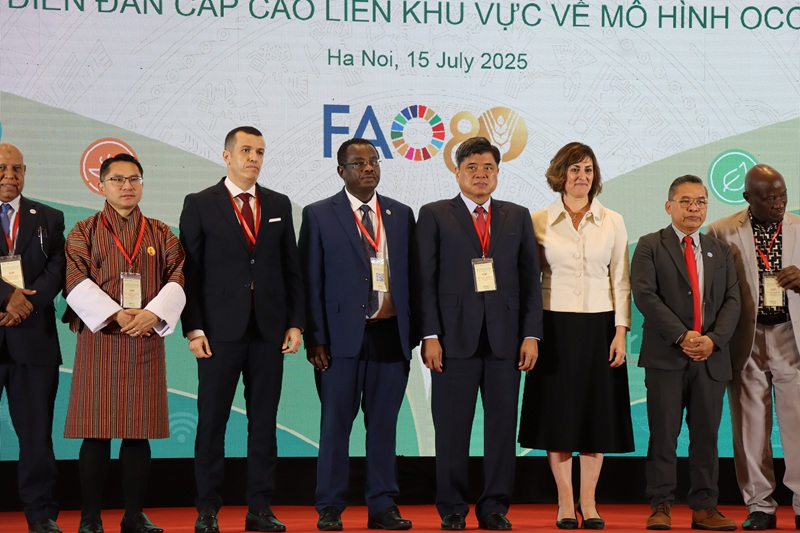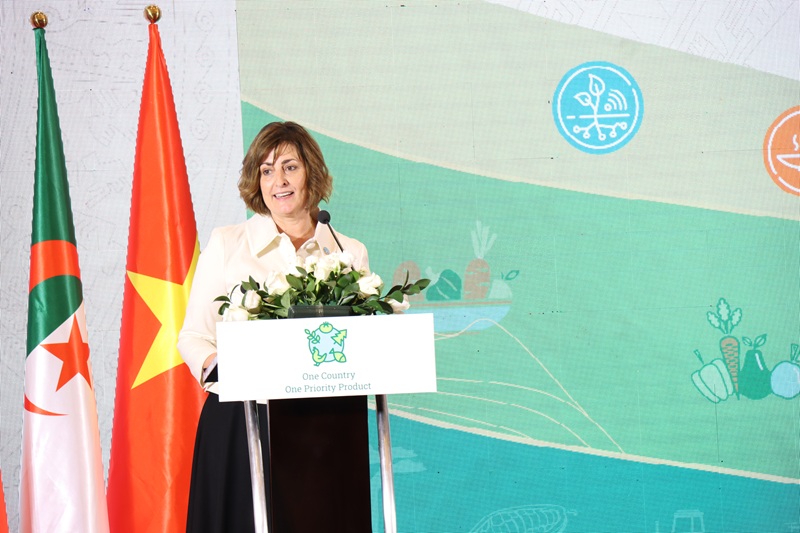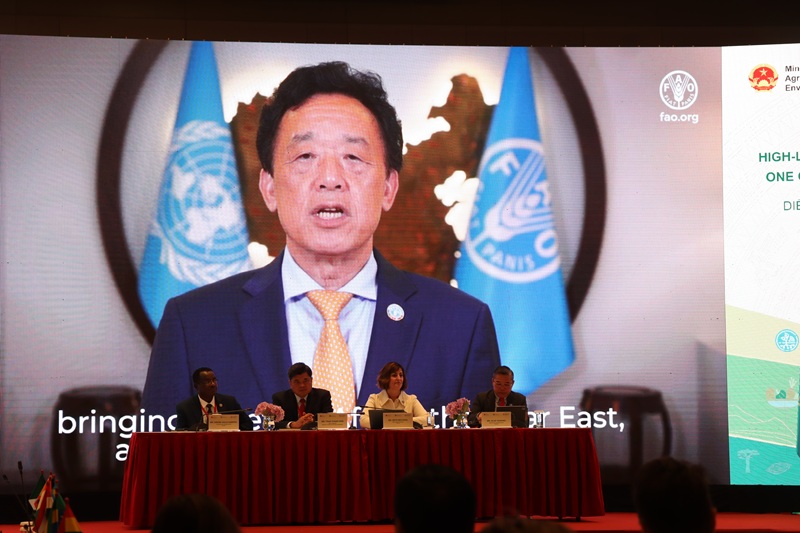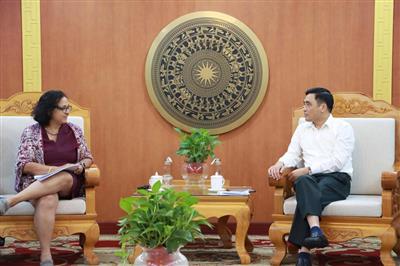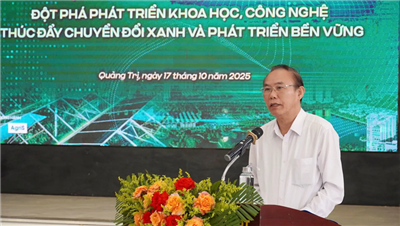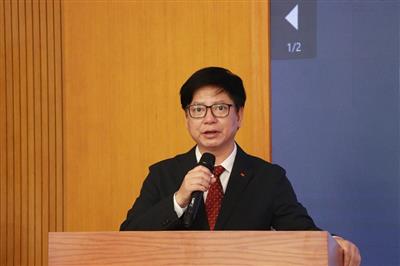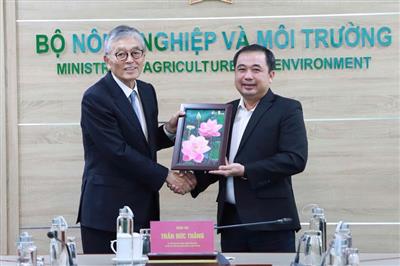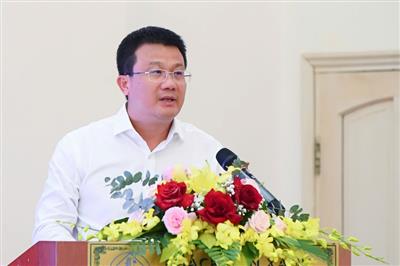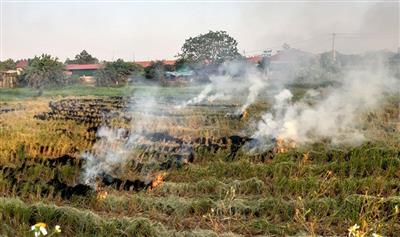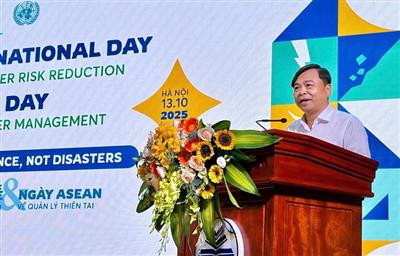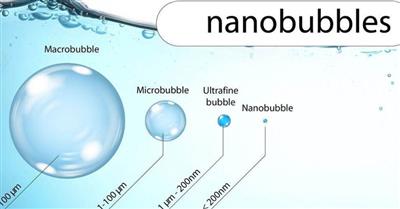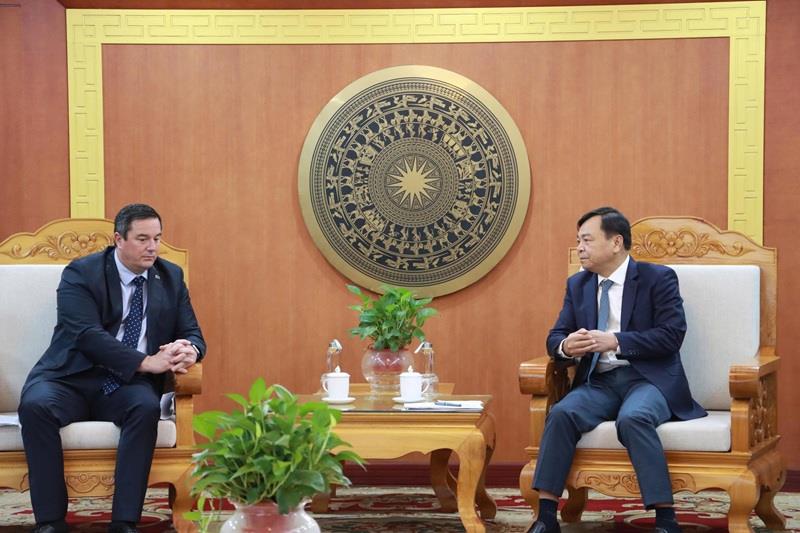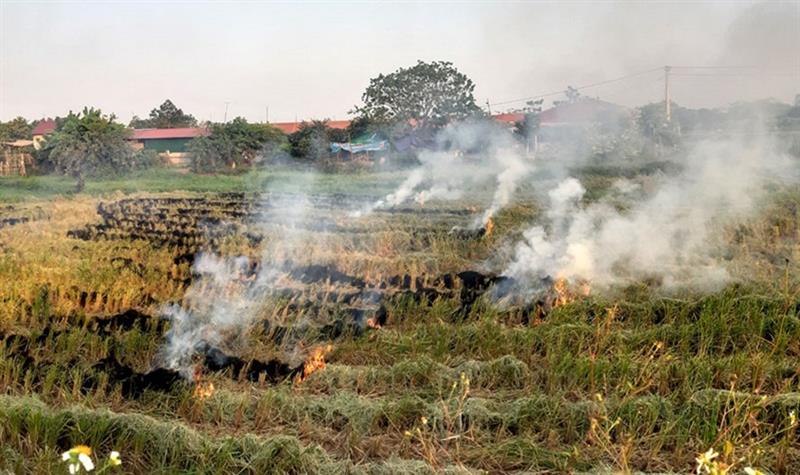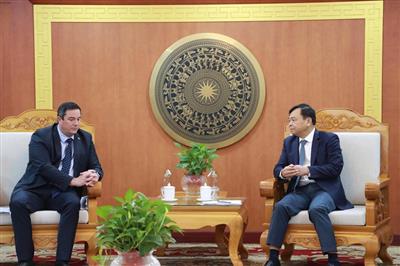
Vietnam promotes global OCOP dialogue for sustainable agrifood systems
15/07/2025TN&MTHosting the first "High-Level Inter-regional Knowledge Exchange on One Country One Priority Product (OCOP) Models" between African and Asian countries, Vietnam’s Ministry of Agriculture and Environment, in collaboration with the Food and Agriculture Organization of the United Nations (FAO), has initiated a global platform for dialogue on the development of special agricultural products. The two-day event (15-16/7) aims to accelerate the transformation of food systems toward greater sustainability, inclusiveness, and cultural identity. Drawing from its experience implementing the "One Commune One Product" (OCOP) program, Vietnam not only shared a successful model but also called for stronger South-South cooperation to connect policy, technology, and knowledge among developing countries.
The forum brought together Ministers of Agriculture and senior policymakers from Bhutan, Cameroon, Côte d’Ivoire, the Democratic Republic of Congo, Gabon, Ghana, Ethiopia, Lesotho, Malawi, Mozambique, Nepal, Sierra Leone, South Sudan, Tunisia, Vietnam, Zambia, and Zimbabwe. Participants exchanged views on how to enhance productivity, sustainability, and resilience in agriculture, particularly for smallholder farmers — the backbone of food production systems in many developing economies.
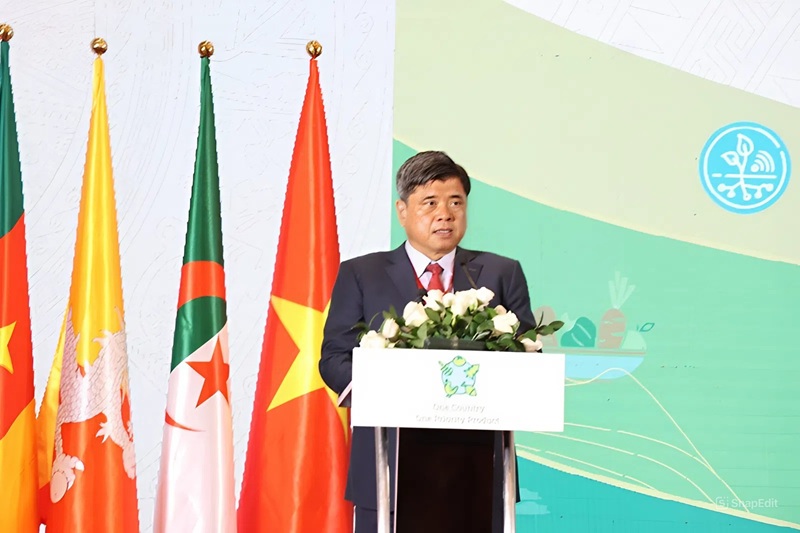
Deputy Minister of Agriculture and Environment Trần Thanh Nam emphasized that OCOP represents more than just a brand—it is an integrated model connecting the government, businesses, cooperatives, and communities to build sustainable, inclusive, and competitive value chains
In his opening address, Deputy Minister of Agriculture and Environment of Vietnam Tran Thanh Nam said: “The presence of Ministers, FAO leaders, and policy makers from multiple continents is a clear testament to the spirit of solidarity and shared commitment among developing countries in transforming agriculture toward inclusivity, sustainability, and resilience.”
Amid growing global challenges — from climate change and resource depletion to rising food insecurity — OCOP, Mr. Nam said, is not just a tool for developing local products but also a mechanism to realize FAO’s “Four Betters” vision: Better production - Better nutrition - a Better Environment, and a Better Life.
“OCOP is more than a brand — it is an integrated model involving government, businesses, cooperatives, and communities within an innovative ecosystem that builds capacity, strengthens quality control, develops branding, and connects to markets,” the Deputy Minister affirmed.
Vietnam shares experience in shaping agricultural value chains
Officially approved by the Government of Vietnam under Decision No. 490/QD-TTg dated May 7, 2018, the OCOP program has become a cornerstone of the National Target Program on New Rural Development. Aiming to revitalize rural economies based on comparative advantages, cultural values, and community-driven innovation, OCOP seeks to foster a product ecosystem rooted in regional specialties, traditional craft villages, and rural heritage.
Ministers and officials from 17 African and Asian countries gathered to discuss ways to boost sustainable, resilient agriculture for smallholder farmers
In just over seven years of implementation, Vietnam has certified more than 16,800 OCOP products rated three stars or above. Over 60% of producers reported annual revenue increases averaging 18%, with millions of jobs created across rural areas. Beyond product development, OCOP has become a model for community empowerment and rural economic competitiveness.
“We also see strong alignment between Vietnam’s OCOP program and FAO’s One Country One Priority Product initiative — both aim to identify and promote strategic products based on cultural integrity, sustainability, and access to global markets,” Deputy Minister Tran Thanh Nam added.
From practical experience, Vietnam proposed several directions to advance South–South cooperation: establishing networks to share policies, technologies, and market access; investing in capacity building for vulnerable rural groups; and piloting public–private–community partnerships to mobilize financial and local knowledge resources.
FAO: OCOP as a platform for global innovation
Addressing the forum, Ms. Beth Bechdol, Deputy Director-General of FAO, commended Vietnam’s leadership in building a vibrant ecosystem for Special Agricultural Products (SAPs): “The OCOP initiative, launched by FAO in 2021, aims to support the promotion of high-potential, underutilized agricultural products with distinct geographic and cultural traits. Efforts like those in Vietnam serve as exemplary models for other countries.”
Ms. Beth Bechdol emphasized OCOP’s role in diversifying production and strengthening resilience, while calling for deeper collaboration on innovation, traceability, and nutrition
To date, 95 countries have identified 56 priority agricultural products under the global OCOP framework. “OCOP offers a path to diversify production, enhance food security, and strengthen resilience to shocks — especially critical when 75% of global food supply comes from just 12 plant species and 5 animal species,” she noted.
Ms. Beth Bechdol also highlighted strong collaborations with leading science and innovation centers in the Asia-Pacific region to integrate traceability technologies, nutrition science, and market intelligence into the OCOP framework. “Today’s forum is a platform for us to reflect on what is working, what is not, and how we can move forward together,” she said.
Launched in 2021, FAO’s One Country One Priority Product initiative aims to support agrifood systems transformation by building sustainable value chains for high-potential, nutritious, and culturally significant agricultural products that remain underexploited.
Boosting productivity with fewer inputs while enhancing climate resilience is key to ensuring profitability and sustainability — especially for countries in Africa and Asia-Pacific, which face some of the world’s highest rates of hunger and malnutrition.
FAO calls for broader collaboration and knowledge sharing
In a video message from FAO headquarters, FAO Director-General QU Dongyu emphasized: “I firmly believe that knowledge sharing can clarify how innovation and national branding strategies help raise productivity, increase profitability, open new markets, and improve the livelihoods of rural communities.”
FAO Director-General QU Dongyu praised Vietnam’s OCOP program as a successful model for rural transformation in his video message to the forum
He underscored that the success of Asian countries like Vietnam can serve as both inspiration and practical support for Africa — and vice versa — through the OCOP model.
At the forum, delegates from Malawi, Egypt, Bhutan, Ethiopia, and others shared practical examples of developing indigenous products — from bananas to dates — as part of safeguarding livelihoods, preserving agricultural identity, and expanding trade. All shared a common aspiration: to deepen cooperation and build fairer, more sustainable, and inclusive food systems.
The forum will continue on July 16 with a field trip to Ninh Binh Province, where participants will witness firsthand how Vietnam has embedded cultural identity into agricultural development through exemplary OCOP models — a living testament to community-driven, sustainable rural transformation.
Ngoc Huyen


